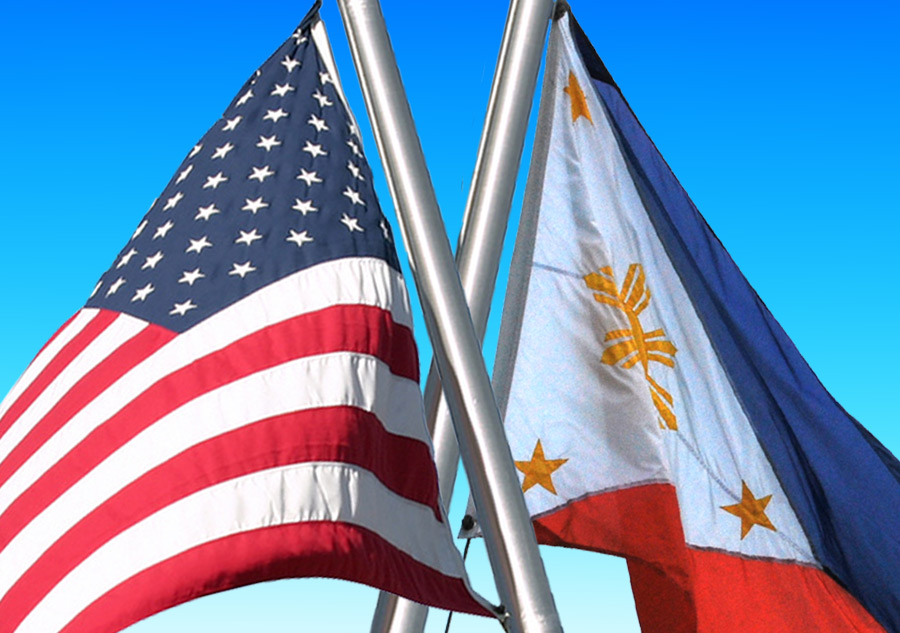
China’s claims in South China Sea rejected
THE United States has reaffirmed its commitment to defend the Philippines against any armed attacks in the Pacific amid a new Chinese law allowing its coast guard to fire on foreign vessels entering disputed territories.
During a phone call with Philippine Foreign Affairs Secretary Teodoro Locsin Jr., U.S. Secretary of State Antony Blinken reportedly underscored the importance of the Mutual Defense Treaty (MDT) “for the security of both nations.”
The call was made a day after Blinken was sworn in as America’s top diplomat under the Biden administration.
“Secretary of State Antony J. Blinken spoke today with Philippine Secretary of Foreign Affairs Teodoro Locsin Jr. Secretary Blinken and Secretary Locsin reaffirmed that a strong US-Philippine alliance is vital to a free and open Indo-Pacific region,” the U.S. state department said Thursday, January 28 in a press release.
Blinken also rejected China’s maritime claims in the South China Sea “to the extent they exceed the maritime zones that China is permitted to claim under international law” as reflected in the 1982 United Nations Law of the Sea Convention.
“Secretary Blinken pledged to stand with Southeast Asian claimants in the face of PRC (People’s Republic of China) pressure,” the State Department said.
The agency added that both Blinken and Locsin “committed to continue building upon a relationship founded on shared strategic interests and history, democratic values, and strong people-to-people ties.”
Last week, China passed the Coast Guard Law, permitting its coast guard to use “all necessary means, including the use of weapons” to stop or prevent threats from foreign vessels.
PH files diplomatic protest
Locsin on Wednesday, January 27 issued a diplomatic protest against China’s new law, two days after initially saying it was “none of our business.”
“After reflection I fired a diplomatic protest,” he said in a tweet.
“While enacting law is a sovereign prerogative, this one – given the area involved or for that matter the open South China Sea – is a verbal threat of war to any country that defies the law; which, if unchallenged, is submission to it,” he added.
Malacañang, for its part, welcomed Locsin’s decision to file a diplomatic protest.
“We welcome the diplomatic protest, of course, of the DFA and this will prove that the Philippines is fully committed to the rule of law and will assert all its rights available under existing principles of international law to defend its interests,” Presidential Spokesperson Harry Roque said Thursday.
He added, “This is consistent with our position that while states can enact laws as part of their sovereignty, they must do so in compliance with the UN Charter, prohibiting the use of force unless by way of self-defense or when authorized by the security council.”
Roque also maintained that the country’s priority is protecting its national interest.
“Our independent foreign policy is intended to be friends with everyone, enemies with no one. But we will protect and secure the Philippine national interest. Ang detalye po (The details), we leave it to the Department of National Defense and the Department of Foreign Affairs as well as the Philippine Coast Guard,” he said.





